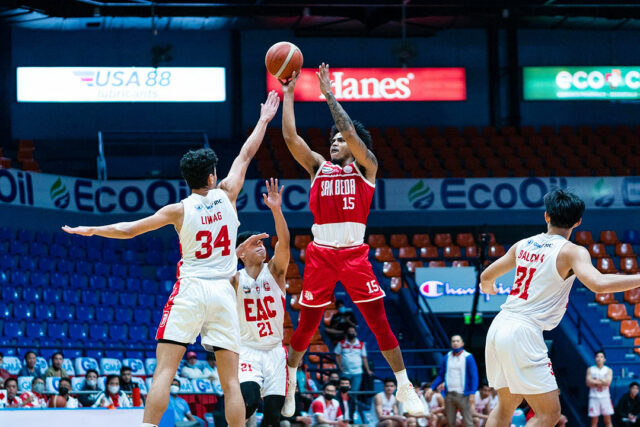Solon questions ample preparations as public schools return to full face-to-face classes
ELEMENTARY and high school students in public schools are returning to full face-to-face classes on Wednesday after more than two years of online or blended learning due to the coronavirus pandemic, but a solon representing a teachers’ party-list group said the government has not provided enough support for a safe return to physical classes.
“Face-to-face classes in the country are long overdue. The education crisis continues to worsen the longer we keep our students from their schools,” ACT-Teachers Party-list Rep. France L. Castro told BusinessWorld through a Viber message.
“Having said that, we do not think the government has done enough to support our schools and teachers in the preparation for the full implementation of face-to-face classes.”
In July, the Department of Education (DepEd) released an order mandating both public and private learning institutions to have full face-to-face classes by Nov 2. The DepEd later amended the order to allow private schools to offer blended learning.
Mary Frances Balajadia, a grade 1 teacher in a public school, said she saw the detrimental effects of the past two years on students when they resumed part-time in-person classes in August.
“The problem I encountered when schools went back to F2F was I had to go back to the basics. I had to teach kids lessons for kinder students, like holding a pencil, writing in between the lines and the sound of letters,” Ms. Balajadia said in a Messenger chat.
Rhina S. Recato, a Math teach in a private school, said her school’s main concern was ensuring the implementation of health protocols.
“Unwanted COVID cases occurred while we were having face-to-face classes,” Ms. Recato said in Messenger chat. “That’s why our school released a circular letter informing everyone, especially the parents, not to let their children attend school if they are having some symptoms.”
Dranreb R. Biso, a senior high school teacher at Lagro High School, said some teachers were happy to return to in-person classes, noting that social interaction matters in learning settings.
“(Social interaction) is important for kids to learn and it helps relieve anxiety from both the students and teachers,” he said in a Messenger chat.
Ms. Castro said the Department of Education needs to allocate more funds to support public schools and teachers given the challenges of returning to in-person classes.
“The Department of Education needs funds to fulfill its mandate of providing quality and accessible education for all, it does not need confidential funds, especially at a time when we are experiencing a worsening education crisis,” she said. — Matthew Carl L. Montecillo













